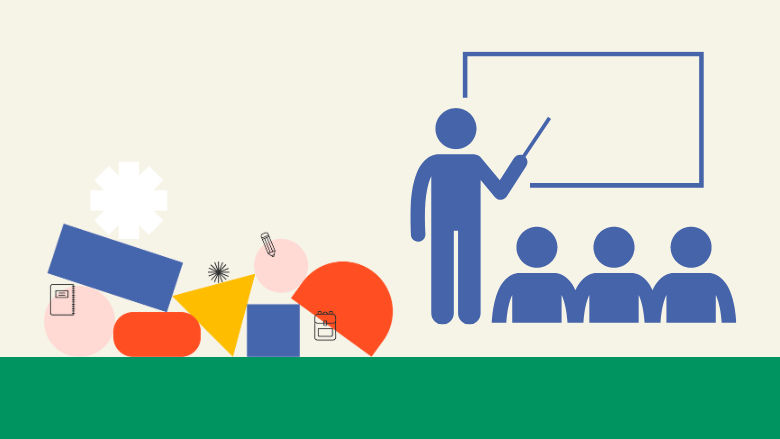A commitment to action
Despite significant efforts by governments, teachers, and parents during school closures throughout the pandemic, children have lost, on average, 1.5 years of learning. As a result of two years of school closures in the region, learning outcomes may have been set back by more than ten years. Even before the pandemic, more than half of the sixth-grade students in Latin America and the Caribbean could not read a simple text.
If action is not taken soon, four out of five students could find themselves in this situation. The youngest and poorest have been hardest hit, and evidence from several countries shows greater losses at the primary level than at the secondary level (which also had very low levels of learning before the pandemic). In this context, there is no time to lose in recovering learning loss and making the necessary educational reforms to improve learning in the long term.
Learn about the essential pillars for the promotion of educational recovery and acceleration in the region:











